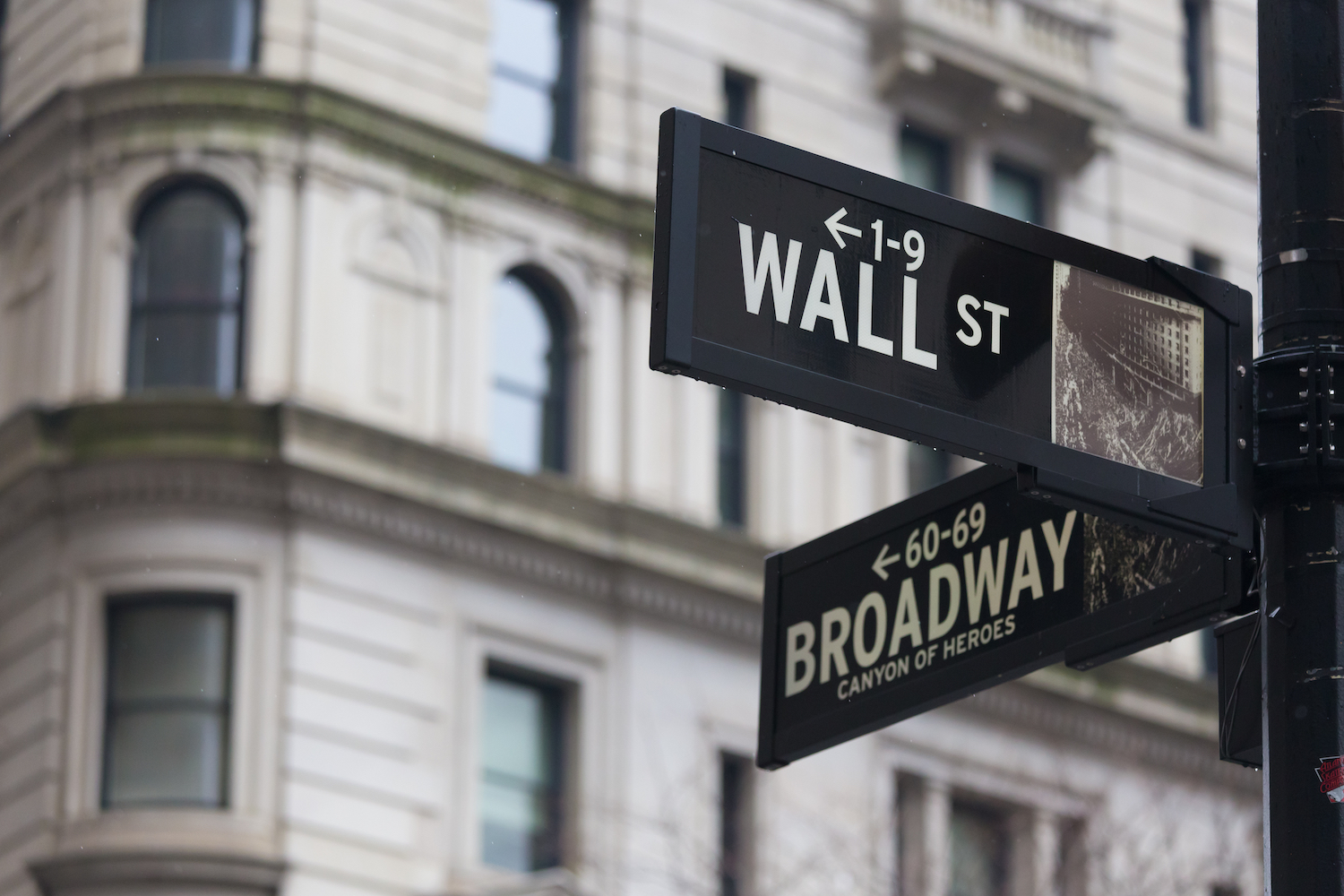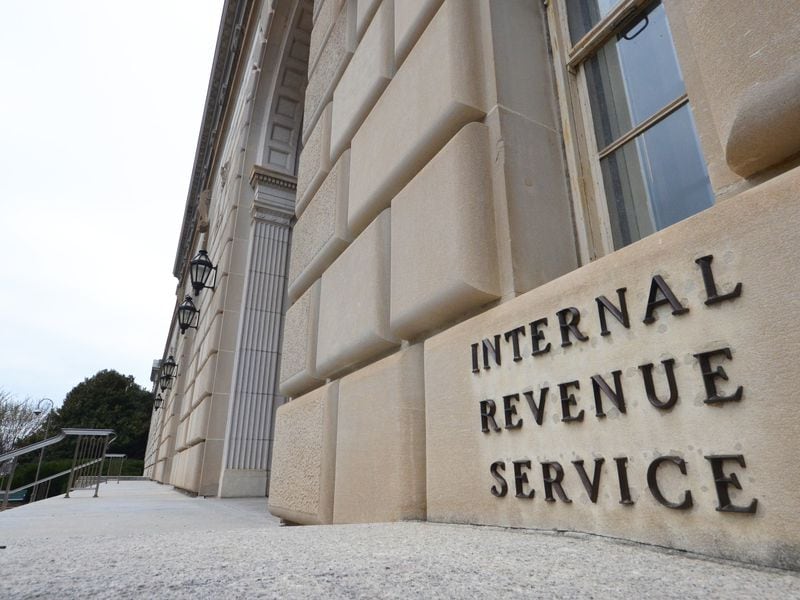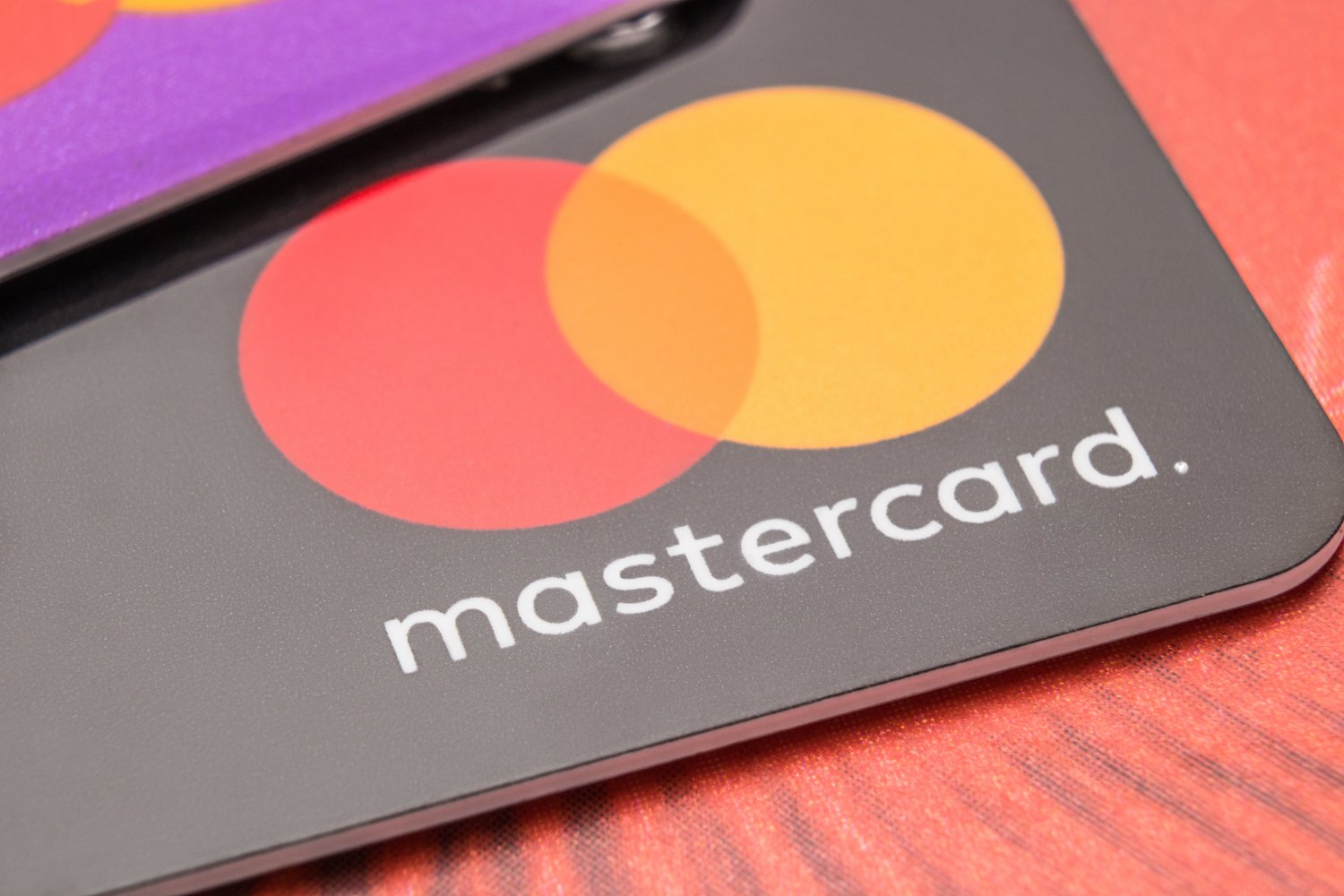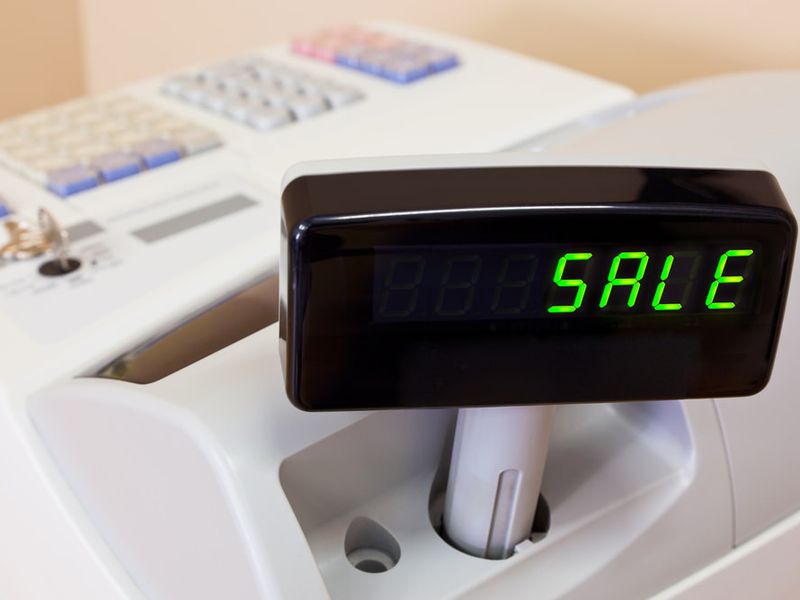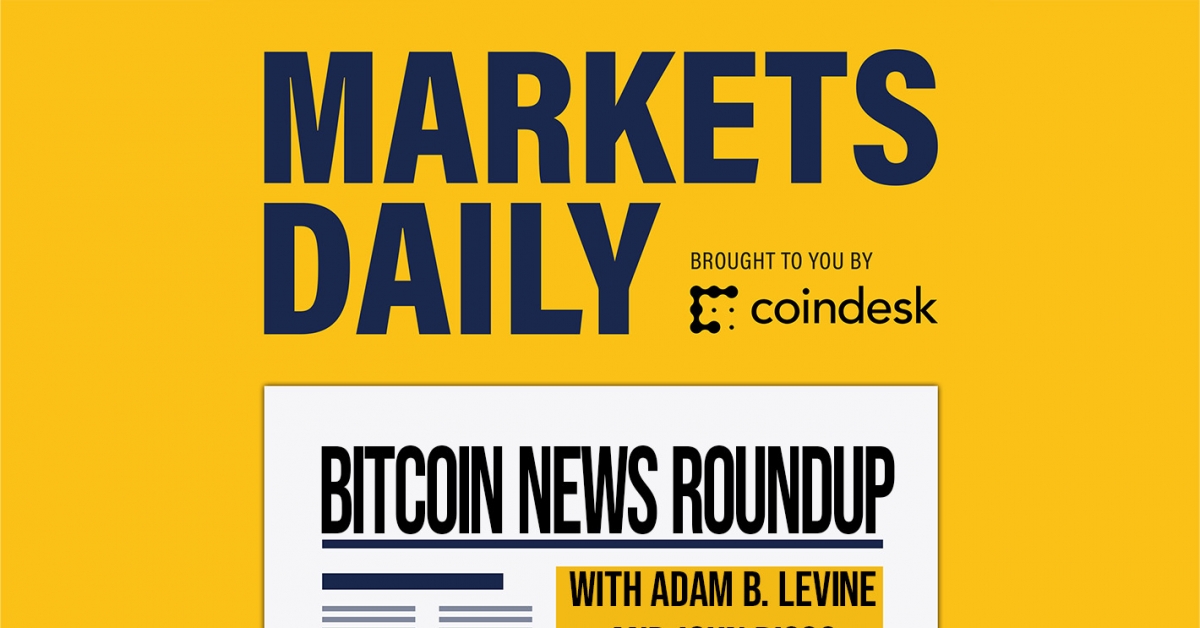How to Do Business as a DAO
Every organization, of any kind, is organized in some way. So-called decentralized autonomous organizations (DAOs) are a new and different kind of organization: a collaboration among people in which members’ ownership, management and control are automated based on software.
Corporations are organized under the laws of a specific jurisdiction and require human involvement in their governance. DAOs, however, operate under a transparent set of software protocols – a pre-agreed set of governance rules, maintained and executed on a blockchain – that allow a distributed group of individuals or entities to self-govern. As a result, a DAO can function on a distributed basis with no central authority or decision maker.
While the law has long imposed the useful fiction of personhood on corporations – allowing them to sue or be sued, enter contracts and offer its members protection against liability – DAOs do not yet enjoy these privileges (for the most part). The clash between the growing popularity of DAOs on the one hand and the lack of legal protections and practicalities available to them on the other present DAOs, their lawyers and the courts with a host of execution and analytical challenges.
It will be vital to address how DAOs can participate in traditional commercial arrangements, hire service providers, resolve disputes, utilize U.S. courts to enforce their rights, defend against lawsuits, limit the liability of their members and partition assets, among other legal issues.
This article addresses two practical problems that DAOs face: how a DAO can enter a commercial contract, and how a DAO can engage and direct legal counsel to assist it in doing so.
Without formal legal recognition, a DAO lacks a legal form with which to enter a contract like a traditional commercial enterprise. While a DAO may pass a governance proposal authorizing an individual to enter into a commercial arrangement on the DAO’s behalf (and concomitantly funding that arrangement), the representative appointed by the DAO might not automatically enjoy the limited liability that a corporate officer does.
There is a risk the DAO could be considered a general partnership or unincorporated association. This might expose its members to personal liability for any of the DAO’s actions and obligations, and discourage businesses, institutional investors, or other vulnerable or regulated entities from participating in DAOs.
Members of the DAO may also be unwilling to undertake responsibility to contract on behalf of the DAO for fear the law would impose fiduciary duties upon them or that their own assets would be put at risk.
One solution is for the DAO to authorize, through a formal governance vote, an individual or a group of individuals to create and capitalize a traditional corporate entity for the limited purpose of entering a corporate arrangement on behalf of the DAO.
Nevertheless, using such a “bridge entity” is inefficient, cumbersome and sacrifices many of the key benefits that make DAOs special. Instead, DAOs should, like other types of business associations, be free to enter into a contract directly, either through delegated authority or by passing a formal proposal. To the extent applicable state law would not permit a DAO to enter a traditional commercial arrangement without sacrificing its members’ personal liability, the law should be updated.
A few states have already begun to do so. Vermont, for instance, permits DAOs to register as blockchain-based limited liability companies. Wyoming, too, recently passed legislation providing liability protection for DAO members who organize as a limited liability company in the state.
We believe these trends will attract business and promote positive business policy, and additional states should follow suit to eliminate the uncertainties of contracting as a DAO.
The retention of, and relationship with, legal counsel also presents serious challenges for a DAO. For instance, while a DAO may pass a governance proposal to engage its selected lawyers, the DAO must be able to effectively and nimbly direct its counsel on a day-to-day basis, receive reports from legal counsel and preserve the confidentiality and privilege of attorney-client communications.
The solution here is likely delegation. In our experience, the most successful relationships between DAOs and their counsel are structured arrangements whereby the DAO passes a proposal to retain its chosen counsel, and delegates a scope of decision-making, reporting and communicative responsibility to a particular member or group of members.
In such circumstances, though, special attention must be paid by the DAO, its legal delegates and its counsel to protect the confidentiality and privilege of attorney-client communications (concerns that are a topic worthy of their own article).
A DAO is, like other entities, a useful tool to allow a widely dispersed and multi-jurisdictional group of individuals to privately and efficiently order their business arrangements. While blockchain-based governance is rapidly expanding, the law has been slower to catch up.
This should not discourage DAOs from participating in traditional commercial arrangements, exercising a right to legal counsel, utilizing U.S. courts and enjoying access to a variety of otherwise readily available financial and business resources. Through consultation with experienced counsel, DAOs can work within existing legal frameworks, while preserving their innovative technological solutions, and adapt to changing legislation or regulations.
Subscribe to State of Crypto, our weekly newsletter on policy impact.
By signing up, you will receive emails about CoinDesk product updates, events and marketing and you agree to our terms of services and privacy policy.

